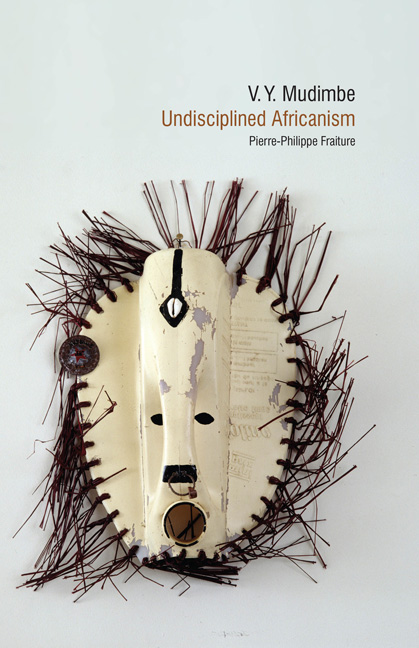Book contents
- Frontmatter
- Dedication
- Contents
- Acknowledgements
- List of Abbreviations
- Introduction: ‘Multidirectional Memory’
- 1 ‘Mission Impossible?’
- 2 ‘The Invention of Otherness’
- 3 ‘The West or the Rest?’
- 4 ‘Changing Places’
- 5 ‘Independences?’
- Conclusion: ‘The Return of the Unhomely Scholar’
- Notes
- Select Bibliography
- Index
3 - ‘The West or the Rest?’
- Frontmatter
- Dedication
- Contents
- Acknowledgements
- List of Abbreviations
- Introduction: ‘Multidirectional Memory’
- 1 ‘Mission Impossible?’
- 2 ‘The Invention of Otherness’
- 3 ‘The West or the Rest?’
- 4 ‘Changing Places’
- 5 ‘Independences?’
- Conclusion: ‘The Return of the Unhomely Scholar’
- Notes
- Select Bibliography
- Index
Summary
If an inhabitant of the South Sea Island feels obliged on some ceremonial occasion to eat his grandmother, the anthropologist is attracted to examine and explain the ancient custom which caused him to do so: the practical man, on the other hand, tends to take more interest in the grandmother. The one calls it aviophagy and the other murder: it depends on the point of view.
Philip MitchellAnger, hope, Utopia, and radicalism are the four axes of V. Y. Mudimbe's work in the 1970s. There is in this corpus a marked tendency to exaggerate the West's supposed oneness and to convey the impression that the world, to use an expression first coined by Chinweizu and the American anthropologist Marshall Sahlins, is made up of the ‘West and the Rest’. This dualistic dimension is all the more surprising given that Mudimbe advocates at the end of both L'Autre Face and L'Odeur an epistemological ‘insurrection’ that would reject the very dualistic basis upon which colonialism and neo-colonialism are predicated. The ‘autre’ and ‘père’ in the titles are signs of Mudimbe's willingness to engage with psychoanalysis (see also CG, 27–28; É, 15–16; CB, 47–50) and to establish an analogy between the construction of subjectivity and decolonisation considered in these essays as a process, which would put an end to individual and collective alienation. By way of the concept of ‘aphanisis’, a term borrowed by Jacques Lacan from Ernest Jones to account for the disappearance or ‘fading’ of the subject in the process of alienation, Mudimbe argues that colonisation and alienation are governed by the same ‘vel’ logic (either/or):
Ou ceci ou cela, si ceci, on perd cela; si cela, j'ai cela sans ceci […] Un exemple plus vivant: ou votre gentille ‘sauvagerie’ ou la ‘civilisation’. Si vous choisissez la ‘sauvagerie’, ‘l'impérialisme vous aura […] si vous choisissez la ‘civilisation’, vous vivrez amputés de votre ‘culture’ [either this or that, if it is this then that is lost; if it is that, I get that without this. A more concrete example: either your lovely ‘savagery’ or ‘civilisation’. If you choose ‘savagery’, ‘imperialism’ will get you; if you choose ‘civilisation’, you will live separated from your own ‘culture’]. (AF, 153–54)
- Type
- Chapter
- Information
- V. Y. MudimbeUndisciplined Africanism, pp. 79 - 112Publisher: Liverpool University PressPrint publication year: 2013



